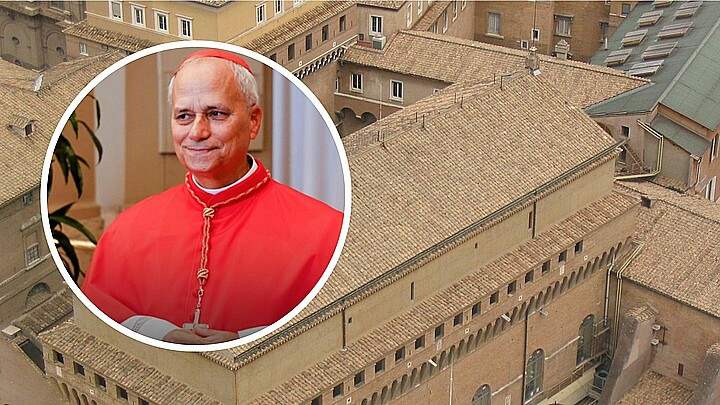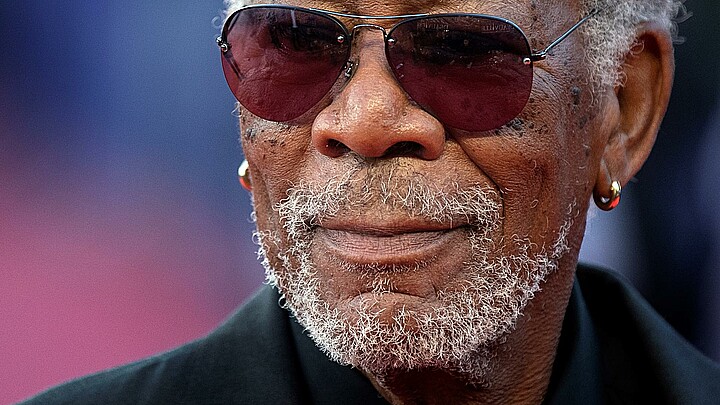Culture
U.S. churches, synagogues face clergy shortage due to COVID-19 pandemic
February 22, 2022 9:16am
Updated: February 22, 2022 9:16am
Religious groups across the United States are struggling to recruit new clergy to replace the large number that have resigned during the pandemic.
The reasons for high resignations include relationships with and among parishioners fraying due to video-only meetings and political polarization driven by debates over COVID-19 lockdown protocols, according to a report recently published by the Wall Street Journal.
“Pastors are tired,” said Laurie Jungling, the Evangelical Lutheran Church in America bishop for Montana, who said the departure of pastors from their pulpits began accelerating in the summer of 2020. “They’re giving a lot of themselves to help folks deal with the trauma of the pandemic. They’ve had to face polarization in their own congregations, people’s anger and frustration about masks and vaccines, whether to have worship or not.”
Ten percent of ECLA churches in her state are looking for a pastor. The most desperate have considered sharing a pastor with other mainline denominations, like Methodists and Presbyterians.
There is little national data on clergy resignations but many signs support the argument that resignations have risen during the pandemic.
A study from October 2021 conducted by the Barna Group, which studies faith in the U.S., found 38% of pastors were seriously considering leaving full-time ministry, including almost half of those under age 45. This was up from 29% from January 2021.
American Jews are also facing a shortage of rabbis. Conservative Jewish movement leaders warned that at least 80 of its 600 synagogues would be looking for a new rabbi this year, while leaders of the Reform Jewish movement acknowledged that 5% to 10% more congregations are searching for a rabbi this year than normal, according to the Jerusalem Post.
The number of Catholic parishes in the U.S. that lack a parish priest is up 25% from 2000, according to the Center for Applied Research in the Apostolate at Georgetown University.
Many denominations were seeing declines long before the pandemic due to increased secularization. The Journal also said clergy today have more options than before, including chaplain positions, religious non-profits or even wholesale career changes.
Keith Mudiappa worked eight years as a pastor in Minneapolis but left his church after two years of online-only services removed the most rewarding aspect of ministry for him – seeing new people come to the faith. He moved his family to Florida and now works at a bank.
“I decided I wanted to take care of my family,” he told WSJ. “I don’t think I could do that in a church setting.”










